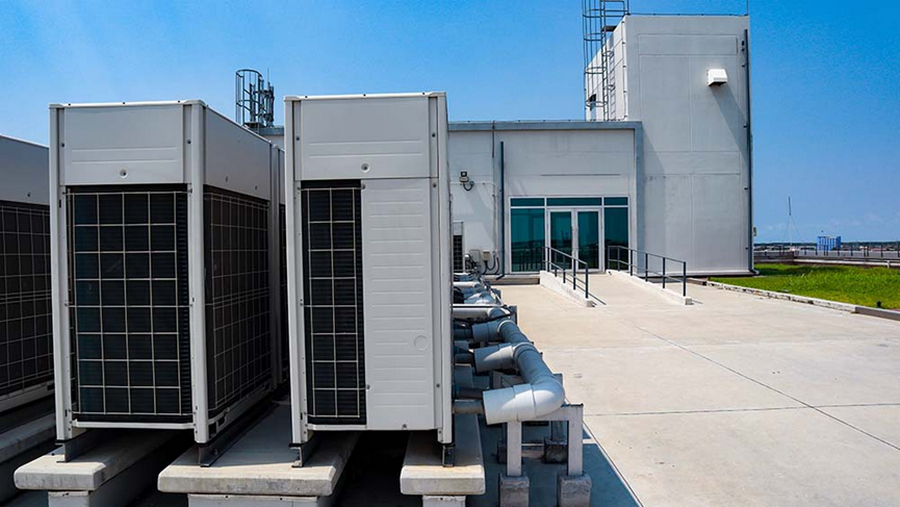09
2025
-
07
Commercial Air Filters for Improving Indoor Air Quality in Business Spaces
Commercial air filters play a vital role in removing dust, bacteria, and harmful gases from indoor environments, ensuring healthier and safer commercial spaces.
Author:
The Importance and Applications of Commercial Air Filters
In modern commercial environments, air quality plays a vital role in employee health, equipment maintenance, and overall operational efficiency. Commercial air filters are essential devices for ensuring clean and safe indoor air, becoming standard equipment in offices, factories, hospitals, shopping malls, restaurants, and many other venues. With rapid industrialization and increasing air pollution, effective air filtration systems not only reduce suspended particulates, bacteria, viruses, and harmful gases in the air but also improve the comfort and safety of indoor spaces.

Commercial air filters primarily use physical or chemical methods to filter airborne pollutants. Common types include mechanical filters, electrostatic filters, HEPA (High-Efficiency Particulate Air) filters, and activated carbon filters. Mechanical filters block large dust and debris through grids or fibers and are typically used for primary filtration. Electrostatic filters capture fine particles using static electricity, enhancing filtration efficiency. HEPA filters are highly efficient, capable of filtering at least 99.97% of particles as small as 0.3 microns, widely used in medical and cleanroom environments. Activated carbon filters remove odors, harmful gases, and volatile organic compounds (VOCs) through adsorption, ensuring fresh air quality.
Choosing the appropriate commercial air filter depends on the specific pollution sources and air quality requirements of the environment. For example, industrial workshops may focus on filtering dust and chemical gases, while office buildings emphasize controlling bacteria, viruses, and allergens. Additionally, the maintenance and replacement schedule of filters directly impacts their performance. Regular cleaning and timely replacement not only extend equipment lifespan but also prevent clogging that can obstruct airflow and cause secondary contamination. Proper maintenance is especially crucial in high-traffic or heavily polluted settings.
In recent years, advancements in technology and stricter environmental regulations have led to the widespread adoption of smart commercial air filtration systems. These systems are equipped with sensors to monitor air quality in real time and automatically adjust filtration intensity and airflow to optimize energy consumption and purification efficiency. Meanwhile, the development of energy-efficient and environmentally friendly filter materials continues to reduce operational costs and support sustainable business practices.
In summary, commercial air filters play an irreplaceable role in maintaining air quality in commercial spaces. They enhance hygiene standards, protect personnel health, and improve productivity and customer satisfaction. Looking ahead, as air quality standards become more stringent and smart technology advances, commercial air filters will see broader applications and development across various industries.
Related news
2024-04-16
2022-01-10









